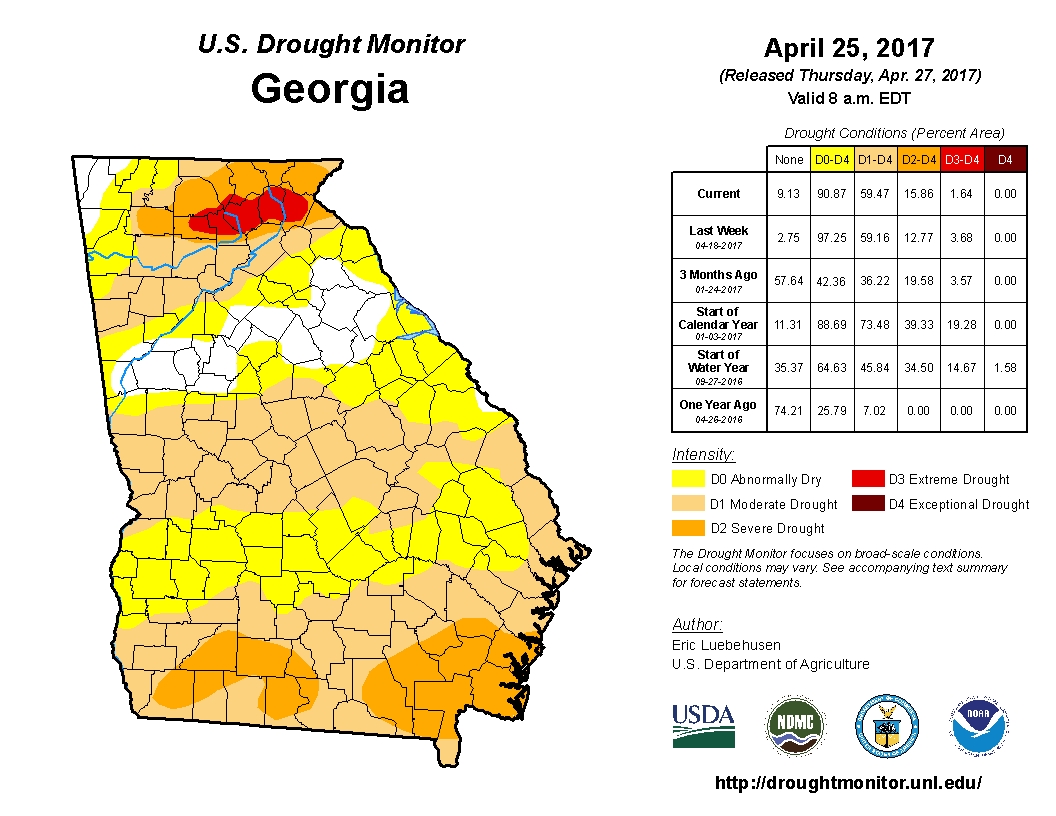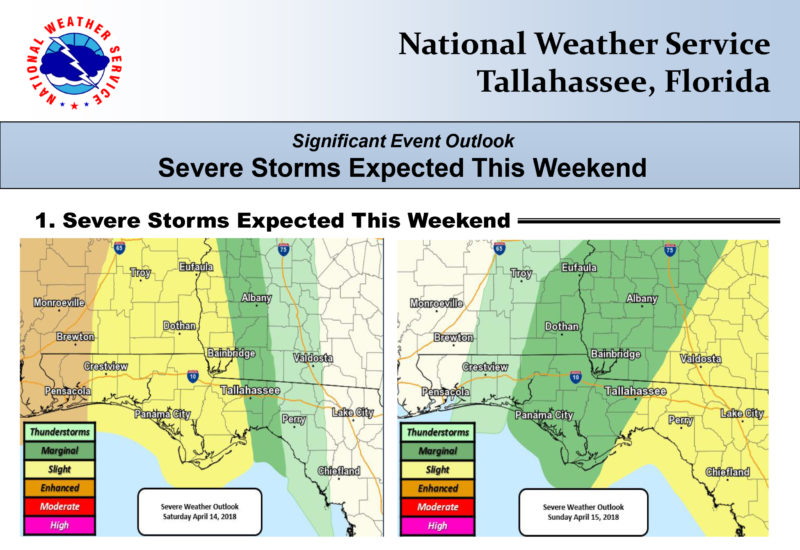
Horse tests positive for EEE in Colquitt County
MOULTRIE—The Georgia Department of Public Health has confirmed that a horse has tested positive for EEE – Eastern Equine Encephalitis – in Colquitt County.
“EEE is a viral disease that affects the central nervous system and is transmitted by the bite of infected mosquitoes,” said Colquitt County Environmental Health County Manager Lawanda Lovett. To pass the virus to humans, a mosquito must first bite a horse, then infect a human with a bite. A vaccine to protect against EEE is available for horses but not for humans.
Symptoms in horses include moderate to high fever, depression, lack of appetite, cranial nerve deficits (facial paralysis, tongue weakness, difficulty swallowing), behavioral changes (aggression, self-mutilation, or drowsiness), gait abnormalities, or severe central nervous system signs, such as head-pressing, circling, blindness, and seizures. The course of EEE can be swift, with death occurring two to three days after onset of clinical signs despite intensive care. Horses that survive might have long-lasting impairments and neurologic problems.
Many people who are infected with EEE virus have no apparent illness. In those persons who do develop illness, symptoms range from mild flu-like illness to EEE (inflammation of the brain), coma and death. There is no specific treatment for EEE in humans. The mortality rate from EEE is approximately one-third, making it one of the most deadly mosquito-borne diseases in the United States, according to the National Centers for Disease Control and Prevention.
Lovett said horses that have not already been vaccinated this year for EEE and other mosquito-borne diseases are at greater risk from the infection, but that it is not too late to vaccinate.
“Check with your veterinarian,” Lovett advised. “Horses that have been vaccinated in past years will need an annual booster shot; in areas with a long mosquito season, veterinarians might recommend two boosters per year—one in the spring and one in the fall. However, if an owner did not vaccinate their animal in previous years, the horse will need the two-shot vaccination series within a three- to six-week period.”
In addition to vaccinations, horse owners and residents in general also need to reduce mosquito populations and their breeding areas, she said. Her recommendations included tipping and tossing standing water sources; using mosquito larvicides in stagnant water sources like ditches and ponds; keeping horses and people inside at dawn and dusk; and using mosquito repellents that contain DEET.
For more information about EEE, contact the Colquitt County Health Department at 229-589-8464, ext. 7408 or go on-line to www.southwestgeorgiapublichealth.org.




Be the first to comment